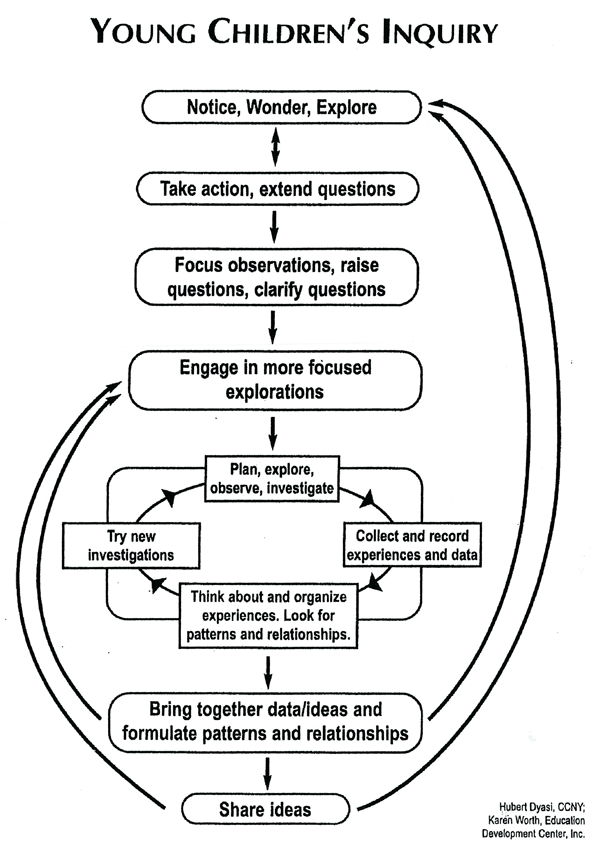Why Science is Important in Primary Grades?
7:27 AM
I have always LOVED science. Seeing how things work and testing hypothesis has fascinated me. To me science and discovery are the foundation of learning and inquisition. This love for science has continued as a teacher. Especially, for those kids who may struggle with math or reading, science provides an avenue of brain development that might otherwise go untapped. My love of science does not form without solid research-based foundations. A recent publication from the National Research Council states:
“Children who have a broad base of experience in domain-specific knowledge (for example, in mathematics or an area of science) move more rapidly in acquiring more complex skills…. Because these [mathematics and science] are “privileged domains,” that is, domains in which children have a natural proclivity to learn, experiment, and explore, they allow for nurturing and extending the boundaries of the learning in which children are already actively engaged. Developing and extending children’s interest is particularly important in the preschool years, when attention and self-regulation are nascent abilities.” (Bowman, Donovan, & Burns, 2001, pp. 8-9)
So how exactly does science benefit young children? What skills and concepts are developed and learned through science inquiry? I’ve made a short list of a few of the benefits of science in the lower grades. Science allows students to…
· Explore elements, objects, and events from the world around them.
· Formulate and express ideas and opinions.
· Test ideas and make adjustments according to results.
· Learn cause and effect as well as action to reaction.
· Ask questions
· Make observations
· Learn both conceptual and procedural knowledge
· Describe and record observations based on attributes.
· Identify patterns and relationships.
· Work collaboratively with others.
· Listen and explore new ideas and different perspectives.

I love this flow chart that shows children’s inquiry and its circular motion. Children naturally develop into questioners who are inquisitive and want to know how things work, why they work in the way they do, and what parameters they work in. As educators we can either squash this inquisitive nature forcing students to sit in desks, answer questions with only one right answer, and memorize information. Or we can embrace their natural love for learning, channel that desire into learning environments, and help them discover who they are and what they can become.
If you are looking for hands-on, engaging science centers that you can use in an early childhood classroom (K-2). You might want to check out these number 1 selling science centers available through the Family and Child Development Lab. http://bit.ly/2gdy5L1
by Becky Cothern










0 comments